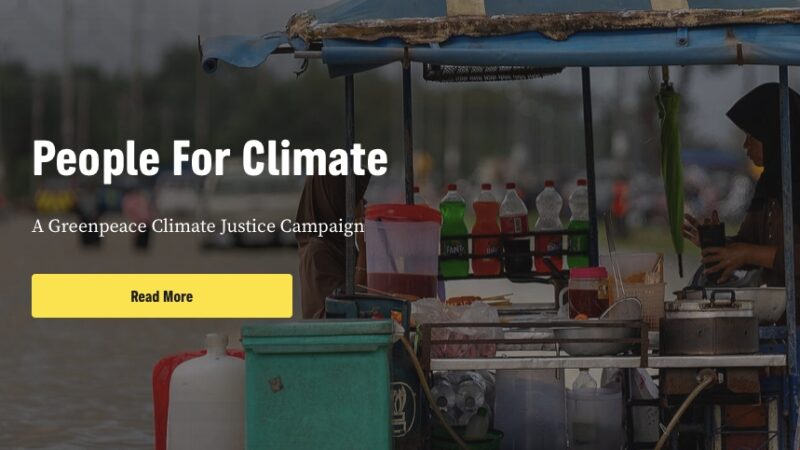India – Its Sustainable Development Goals and the Strategy
India is committed to sustainable development and is taking steps to ensure that its citizens have access to clean energy, clean water, and other resources to lead a healthy life. In 2015, India pledged the United Nations to achieve the Sustainable Development Goals (SDGs) by 2030. In this article, we will look at India’s pledge to the SDGs, the strategies to apply, the challenges and opportunities in implementing sustainable practices, and India’s commitment to sustainable development. By understanding India’s commitment to achieving the SDGs, we can better inform our efforts to support India’s progress towards a more sustainable future.
Table of Contents
Overview of India and Sustainable Development Goals
India is one of the most populous countries in the world, with a population of over 1.3 billion people. It is a rapidly developing nation with a wide range of economic and social challenges. India has made great strides in sustainable development in recent years, particularly in areas such as health, education and infrastructure. Sustainable development goals (SDGs) have been adopted by India to ensure that the country’s growth is balanced and sustainable. The 17 SDGs focus on areas such as poverty alleviation, gender equality, climate change, water and sanitation, energy access and sustainable infrastructure.

India is committed to achieving the SDGs and has undertaken several initiatives to help meet the goals. These initiatives include programs to improve health care, education and access to clean drinking water, as well as initiatives to reduce poverty and promote sustainable agriculture. India also has a strong focus on renewable energy, with the government investing in clean energy sources such as solar and wind. Through its commitment to sustainability, India is taking steps to ensure the health and prosperity of its citizens and the planet.
India’s Sustainable Development Goals Pledge Goal
India has committed to achieving the Sustainable Development Goals (SDGs) set out by the United Nations. India has pledged to meet the 2030 deadline for the SDGs, which promote economic development, social inclusion, and environmental protection. This pledge is part of India’s overall commitment to sustainable development, a key priority of the government. India is committed to reducing poverty, reducing inequality and promoting inclusive economic growth, while also making efforts to protect the environment.
The government is working to ensure that India’s development is sustainable, with a focus on building clean, green and resilient cities and improving access to clean energy. It is also making investments in renewable energy sources, water and sanitation, and health and education services. India is committed to achieving the SDGs, and by doing so, will help ensure a better future for all.
Strategies to Achieve India’s Pledge
India has committed to sustainability, intending to achieve a better quality of life for all citizens by 2030. To reach this goal, India needs to develop and implement effective strategies. These strategies should focus on reducing emissions, promoting clean energy sources, increasing access to clean water and sanitation, and ensuring the efficient use of natural resources. Additionally, India should implement policies that encourage the development of green infrastructure, promote environmental conservation, and support sustainable farming and fishing practices. By taking such measures, India can set an example of sustainable development for other countries to follow.
Challenges and Opportunities
The implementation of sustainable practices is a vital step in ensuring a healthier planet and future for generations to come. However, several challenges need to be addressed to make these practices successful. These include the need to promote education and awareness about sustainable practices, the need for economic incentives and the need for innovative solutions. Additionally, there is a need for collaboration between businesses, governments and other stakeholders to ensure the successful implementation of sustainable practices.
At the same time, many opportunities come from the implementation of sustainable practices. These include cost savings from energy efficiency, increased productivity and profitability, improved public health and the generation of new jobs. As such, the implementation of sustainable practices presents both challenges and opportunities which must be addressed to ensure successful implementation.
India’s Commitment to Sustainable Development
India is committed to achieving sustainable development, which requires balancing economic growth, social development and environmental protection. The Government of India has set out its vision and strategy for sustainable development through the National Action Plan on Climate Change, which highlights eight national missions to be implemented to reduce the impacts of climate change. These include improving energy efficiency, increasing the share of renewable energy, conserving water, promoting sustainable agriculture and enhancing the resilience of ecosystems.
In addition, India has recently launched the National Clean Air Program, which aims to reduce air pollution by 20-30% over the next five years and is aiming to achieve a 33-35 per cent reduction in its carbon intensity by 2030. The government is also taking steps to combat land degradation, develop public transport infrastructure, reduce plastic waste and promote a circular economy. India is committed to making progress towards the United Nations Sustainable Development Goals and is playing an important role in the global fight against climate change.
India has pledged to achieve the Sustainable Development Goals and is taking the necessary measures to fulfil them. India’s commitment to sustainability is an ongoing effort and it takes the right strategy and the dedication of the government and all stakeholders to achieve the desired results. With the right strategies in place, India is well on its way to becoming a more sustainable nation. However, the challenges and opportunities in implementing sustainable practices are immense and require a concerted effort to overcome. With the right mindset and dedication to sustainability, India can become a leader in achieving the Sustainable Development Goals.



